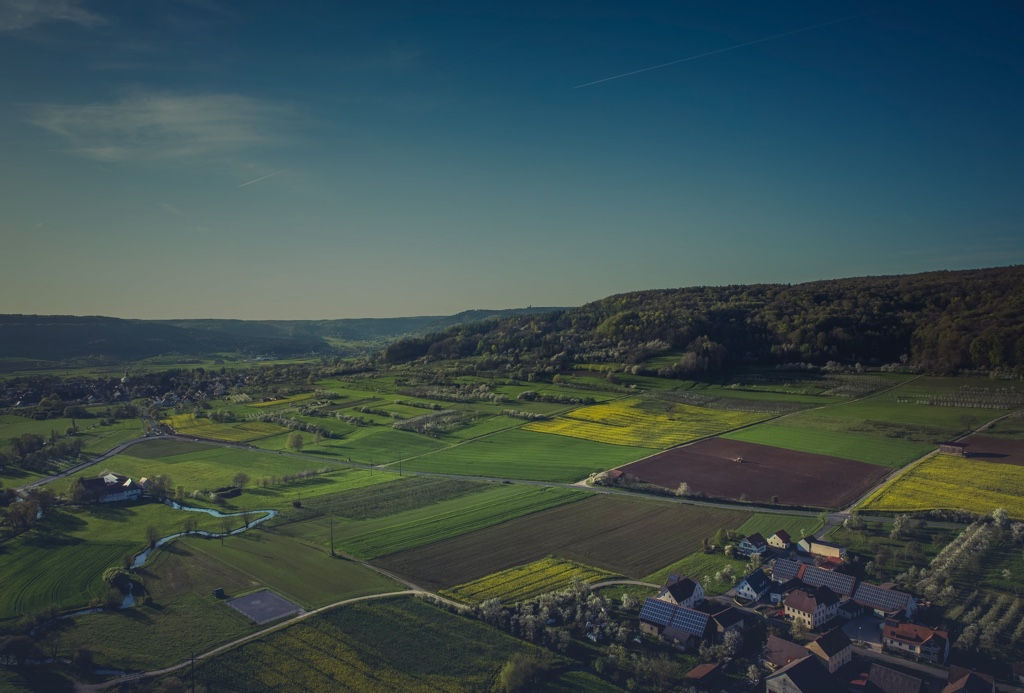Does quality trump quantity?
- Georgina Knock
- Sep 1, 2020
- 3 min read
Updated: Sep 25, 2020
The old adage “Yield is king” has been around for many years, but is it still an accurate description of what 21st century growers and the agri-food supply chain as a whole are trying to achieve?
TL;DR*: Should fresh produce quality be a greater concern than quantity? We examine a few reasons why it should be, and how KisanHub can help you manage it.

Over the last few decades, increasingly discerning consumers, more targeted food marketing and the interest in food traceability have driven tighter market specifications for food suppliers. While we have seen some schemes introduced to combat this, such as “Wonky Veg”, the required specifications for food entering the supply chain remain as high as ever.
This has unequivocally raised the volume of out-of-spec produce and contributed to market volatility. Good yields alone do not guarantee a robust business. Production costs, sustainability and quality, along with a suitable market are essential factors. At the least, we should say that “Marketable yield is king” produce that does not meet market specifications can be a burden rather than an asset, irrespective of yield.
Furthermore, in times of overproduction, good yields alone are not beneficial. Suppliers face testing times when demand falls below supply, something we have seen with potatoes in the current Covid-19 pandemic. To be competitive in such an environment, knowing that you have produce of a certain quality rather than relying on quantity can put you in a strong position. Of course a higher quality product often has higher associated production costs and a suitable market outlet is still essential.

Tracking produce quality has never been more important
Having reliable data on quality not only enables you to reduce the likelihood of rejections and returns, but it also allows you to optimise your procurement and distribution so that higher quality produce is not used to satisfy a contract with lower requirements. It is in this way that KisanHub seeks to help their clients; providing traceability and improving returns through our Crop quality tool.
Case study
One of our clients, previous to using the KisanHub system, faced rejection losses of tens of thousands of pounds each year. Since moving to KisanHub, they have not encountered any rejections. Clearly, avoiding these losses is a massive win, but on top of that, optimising each and every return can give you a competitive edge.
Benefits | Tailor your quality reports

Quality specification templates can be quickly and easily set up for different crops, to collect the quality parameters relevant to you, with threshold values added for each market that you supply.
This template can be saved and then used by your team or growers to collect the data against a plot or lot of produce; either straight into the platform or pasted in from your lab report spreadsheet.
Once saved, the market suitability for your produce is automatically calculated, relative to the specified threshold values.
A detailed report is viewable for each plot, showing the most up to date market suitability as well as any previous results captured.
Plots across your team can be filtered by market suitability to quickly display a list of produce suitable to fulfil certain contracts.
Whether you run lab detection tests or measure physical crop attributes in the field, the KisanHub quality tool is available to collect and store your data in a secure, easily accessible online platform; available any time, any place. This will help you optimise every procurement and selling decision.
Appetite to know more?
Book a call with our team or email us hello@kisanhub.com to hear more about how KisanHub can help your crop quality.

About the Author | Jonny Kerley, Product Manager at KisanHub Growing up in the industry gave Jonny an early affinity with agriculture, attributes that were deepened by 6 years as a research manager in agricultural and horticultural crop trials and a further role as an agri-food consultant.
Now, Jonny steers and designs the development of the KisanHub software, particularly in the Crop intelligence and Mobile departments, to ensure it meets the 21st century requirements of the agricultural industry and provides solutions to on-the-ground challenges.
*TL;DR stand for 'Too Long; Didn't Read' provides a summary what this article is about. It is commonly used on online articles and blogs.




Comments